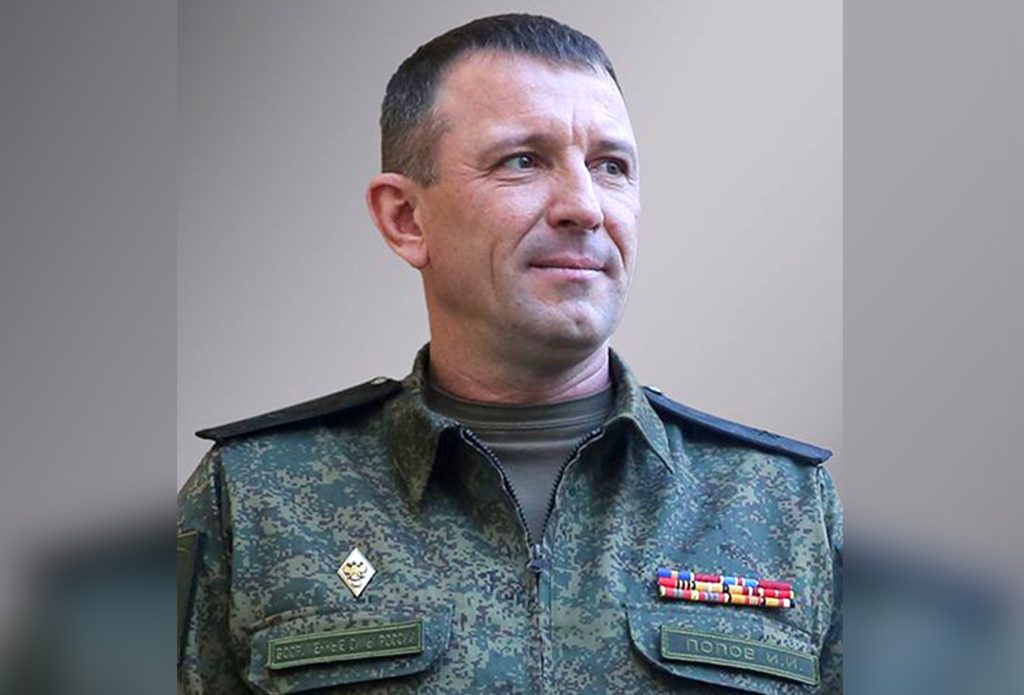Major General Ivan Popov, former head of Russia’s 58th Army, has been arrested on suspicion of fraud after criticizing the Russian military and its war effort in Ukraine. Popov was removed from his command in Ukraine’s Zaporizhzhia region in July 2023 after speaking out against the lack of support provided to Russian troops. He criticized the Defense Ministry for failing to address issues such as a lack of counter-battery combat, insufficient resources for artillery scouting, and the high number of Russian soldier deaths. Popov’s comments were captured in a recording published on social media by Russian MP and former military commander Andrei Gurulyov.
The arrest of Major General Popov highlights the challenges facing those in the Russian military who speak out against the official state narrative. Popov’s criticism of the Russian Defense Ministry and his subsequent arrest may indicate a crackdown on dissent within the military ranks. The decision to arrest him on suspicion of fraud may be seen as a way to silence those who question the military’s actions in Ukraine. Popov’s case also raises concerns about the state of the Russian military and the level of support provided to soldiers on the front lines.
In the recording published by Andrei Gurulyov, Popov detailed his frustrations with the Russian military command and the lack of resources available to troops in Ukraine. His comments shed light on the challenges faced by soldiers in the conflict and the issues that may be contributing to the high number of casualties among Russian forces. Popov’s arrest following his criticism suggests a potential pattern of retaliation against those who speak out against the military’s actions or policies.
The situation surrounding Major General Popov’s arrest is a developing story with implications for the Russian military and its operations in Ukraine. The arrest of a senior commander for speaking out against the military’s handling of the conflict raises questions about the state of the Russian military and the level of support provided to troops on the ground. Popov’s case serves as a reminder of the risks associated with dissent within the military ranks and the potential consequences for those who criticize the official state narrative.
As news of Major General Popov’s arrest continues to unfold, it will be important to monitor how the Russian authorities handle the case and whether there are further repercussions for those who speak out against the military’s actions. The response to Popov’s criticism and subsequent arrest may shed light on the state of freedom of expression within the Russian military and the extent to which dissent is tolerated. The case also underscores the challenges facing soldiers on the front lines in Ukraine and the need for greater support and resources to ensure their safety and well-being.
Overall, Major General Popov’s arrest highlights the complexities of dissent within the Russian military and the risks faced by those who speak out against the official state narrative. The case underscores the challenges facing soldiers in Ukraine and the need for greater support and resources to address the issues raised by Popov. As the story continues to develop, it will be important to monitor how the Russian authorities respond to the criticism and whether there are further repercussions for those who challenge the military’s actions.













